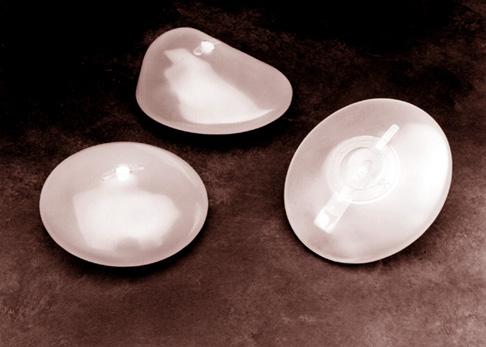PROVIDENCE, R.I. [Brown University] — Uncertainty about safety has swirled around silicone gel breast implants for years. They were suspended from the market in 1992 and then allowed again in 2006. Throughout, despite many studies, definitive evidence about whether they are linked to health problems ranging from cancer to connective tissue disorders to depression has remained elusive.
In a new review of 32 studies that sought to compare such health outcomes in women who did and did not get silicone gel breast implants, a team led by Dr. Ethan Balk, assistant professor (research) of health services, policy and practice at Brown University, found that the studies lacked enough statistical rigor to provide clear evidence either for safety or harm.
“Despite numerous studies reporting on the risk for many diseases and conditions, evidence was insufficient of an association between breast implants and any health outcome,” Balk’s team wrote in the Annals of Internal Medicine. “No outcome had at least two adequately adjusted studies that yielded consistent estimates of associations. ... There was a general lack of adequate accounting for possible confounders.”
Balk explained that the difficulty researchers have faced stems from fundamental differences between women who get breast implants — whether for augmentation or for restoration after mastectomy — and women who don’t.
“Some of these differences are easily measurable,” said Balk, associate director in Brown’s Evidence-based Practice Center. “For example, they are more likely to smoke, be thin, and white. But many are difficult to measure quantitatively. For example, they are more likely to have been teased about their appearance.”
While some databases may not have captured enough information, Balk said, other studies might be worth re-analyzing to include more available confounders than before and with new methods.
“We are hopeful that this study will serve as a guide to future researchers to improve analyses of currently available studies and of future studies,” he said.
The review may also inspire creation of a new trove of data to assist researchers. Funding for the study came from the Plastic Surgery Foundation.
“This project was conducted to provide background information for advice to be provided to the FDA regarding development of a silicone gel breast implant registry,” Balk said.
In addition to Balk, the paper’s other authors are Amy Earley, Esther Avendano, and Dr. Gowri Raman.

